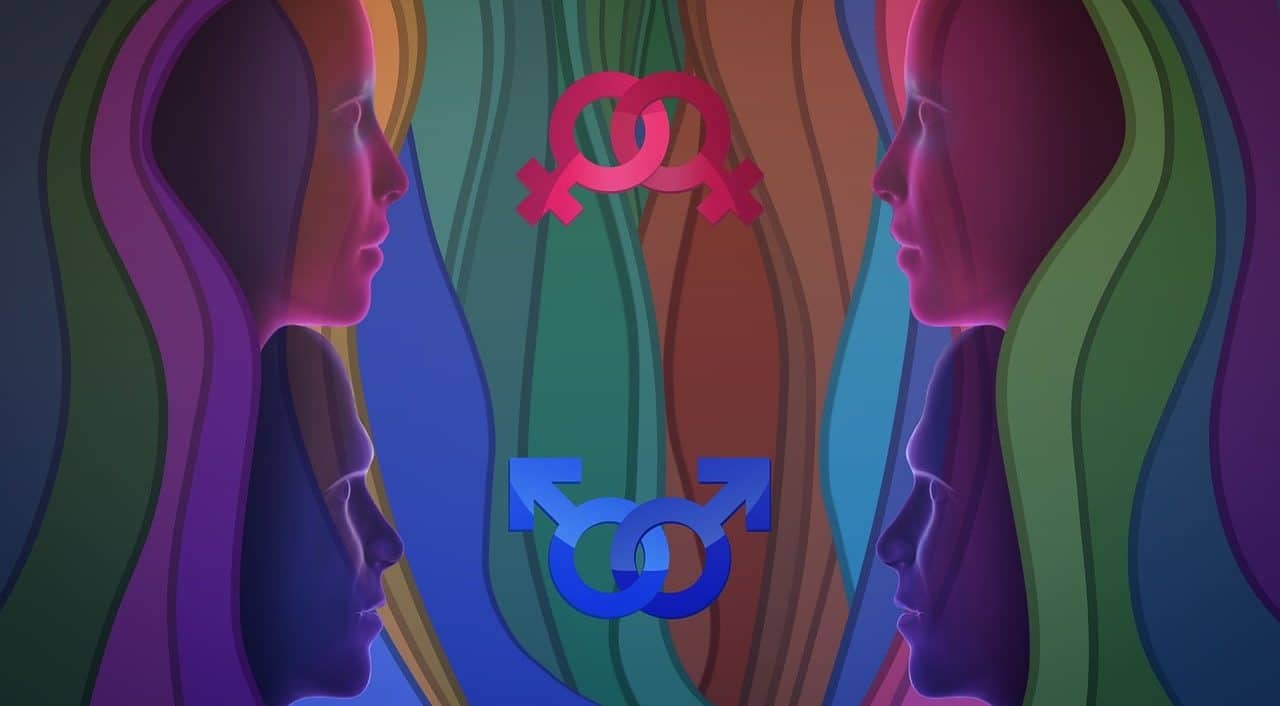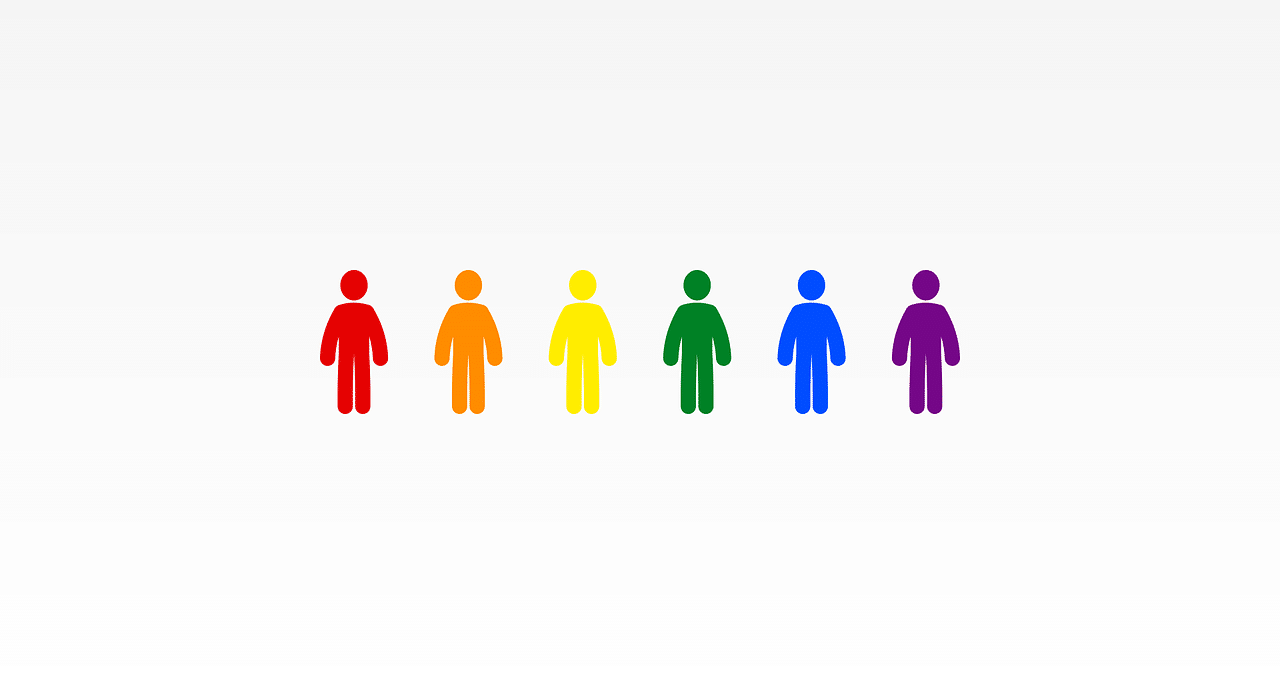
Gender studies criticize compulsory heterosexuality.
Gender studies are the set of theories, methodologies and content that analyze how sexual differences are socially interpreted . It is an interdisciplinary area where anthropology , sociology, biology, law and other sciences coexist.
To advance our understanding of context, it is useful to first focus on the terms that form it. Study is the work carried out to learn or understand something. Gender , meanwhile, is the group to which an individual is integrated according to their sex, taking into account sociocultural criteria that go beyond the biological.
Gender studies, therefore, are investigations that analyze the different ways of perceiving the roles and characteristics attributed to each sex . There are multiple approaches to carry out these investigations, which are aimed at various problems and themes.
Characteristics of gender studies
Gender studies are characterized by exploring how society understands various issues related to sex and sexuality . They are based on the existence of a social construction of gender : that is, they consider that gender is not defined biologically.
For this epistemological approach , gender is a cultural concept about femininity and masculinity . It should be noted that each community assigns to women and men various attributes and behaviors that it considers appropriate. The ideas of femininity and masculinity, in this framework, depend on the context and even vary over time.
Gender studies critically examine the way in which these representations affect the lives of people and societies. Thus they can contribute to the understanding of the origin of inequality between women and men , contribute to the visibility of minorities and contribute to the fight for gender equality by confronting the precepts of patriarchy and hegemonic masculinity. They also seek to cooperate with the empowerment of women and the banishment of sexism , misogyny , homophobia , transphobia and other problems.
Beyond the different perspectives, it can be said that gender studies emphasize the power dynamics that impose certain interpretations of sex on citizens . To do this, they analyze everything from the role of women in major events in history to how household chores are distributed, to the way in which sexuality appears in artistic expressions.

Queer theory, which rejects the static and naturalistic view of sex, is framed in gender studies.
Main concepts
Gender studies draw on several central concepts. One of them is gender identity , which refers to the perception and personal expression of one's gender. This identity is associated with an identification of the subject that transcends his genitality and that can flow between the feminine and the masculine .
Gender roles , on the other hand, are society's expectations regarding what it means to be a woman or a man. These roles indicate how people should behave and feel according to what is considered correct or appropriate for their gender.
It can be stated, in this context, that gender roles are defined according to the so-called gender norms . These are the rules that women and men are expected to conform to in order to fit into society. We speak of cisnormativity when the norms are based on cisgender individuals (that is, those whose gender identity coincides with the sex they were assigned at birth).
Gender violence is another important notion in gender studies. The expression refers to violent actions that are carried out against someone because of their gender, sex, gender identity or sexual orientation.
Taking into account these and other issues, gender studies invite us to reflect on the link between gender and power . Her gaze accompanies the principles of feminism and the proclamations of the LGBT+ rights movements to combat gender discrimination and build an egalitarian society.

Gender studies defend the reproductive rights of all people.
Criticisms of gender studies
The premise that gender is a social construction that allows for an explanation of inequalities between women and men is rejected by some sectors . The same goes for the idea of the existence of multiple gender identities that are independent of biological sex and the female/male duality.
There are those who limit gender studies to a gender ideology that attacks the supposed natural order. For these thinkers and activists, gender ideology seeks to destroy the basis of society , which is - according to this perspective - the family constituted by a heterosexual marriage with their children.
The Catholic Church is one of the institutions that condemns the vision of gender studies. For ecclesiastical authorities, there are only two genders that coincide with the two biological sexes. That is why they defend heteronormativity , since they consider that sexual relations should aim at procreation.
